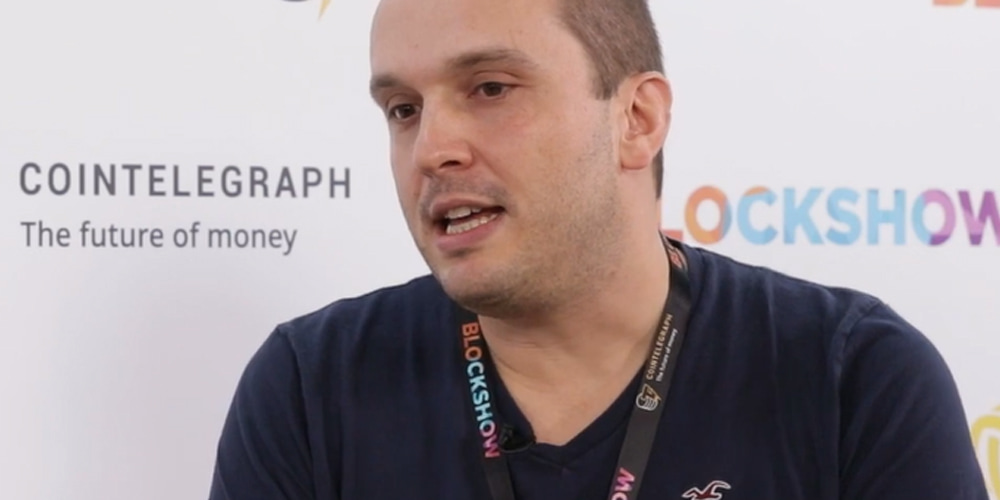When it comes to business, and its strategy to penetrate the market and profit, there is no clear way to justify what is wrong and what is right.
Non-fungible tokens, or NFTs, is a non-interchangeable unit of data stored on inside a blockchain. Because each token is uniquely identifiable, NFTs differ from blockchain cryptocurrencies, such as Bitcoin, and can have different values, based on the seller and the market's perception about it.
With developers trying to embrace the trend, Ubisoft, a French video game company, known for its video game franchises like Assassin's Creed, Far Cry, Prince of Persia, and more, is also trying to meet that market.
But not before experiencing controversies.
While many people in the cryptocurrency market, enthusiasts and others are accepting the NFT trend as part of their own, many gamers don't really have the same idea.
When Ubisoft rolled out NFT tokens in one of its video games, critics quickly asked questions about their purpose.

According to Nicolas Pouard, Vice President of Strategic Innovative Lab at Ubisoft, who leads Ubisoft's "Quartz" and "Digits" NFT systems, in an interview conducted by Australian tech site Finder:
"Players are always right. Because they are our players, and we love them. And so they're always right.""I think gamers don't get what a digital secondary market can bring to them. For now, because of the current situation and context of NFTs, gamers really believe it's first destroying the planet, and second just a tool for speculation."
"But what we [at Ubisoft] are seeing first is the end game."
"The end game is about giving players the opportunity to resell their items once they're finished with them or they're finished playing the game itself So, it's really, for them. It's really beneficial. But they don't get it for now."
The greater goal of having NFT in games, is to allow gamers to connect with other marketplaces.
"To build new experiences that are on top of what is in each game to date. It's a new way to see what a game could be."
"I don't want to go into numbers, but owning a percentage of a huge ecosystem might be even more interesting than just owning a game today."
"I'm sorry, as I know it's difficult to understand right now, as this kind of idea doesn't really exist yet [in gaming]. But we see that the ecosystem for a game can be much, much bigger than what a game is today in terms of value creation for everyone."
When NFTs started gaining momentum, the trend mostly reached people in the blockchain and cryptocurrency business, a number of enthusiasts, and tech geeks, among others.
This is why NFTs are "not an easy concept to grasp," said Pouard.
Ubisoft is trying to sell gamers the idea of making money from games, but without mentioning how the technology can actually make the games themselves better. Ubisoft tries to sell the idea, but without outlining how exactly the technology can be a value.
Pouard however, asserted that "piece by piece, the puzzle will be revealed and understood by our players."
The future of NFT is just like the future of any technological advances, as it is based on metrics.
As long as it meets users' interest, it will thrive.
The NFT trend has made it priced commodities. Among the people who have earned substantial amount of money from the trend, is Beeple, who managed to sell his JPEG artwork for $69 million.